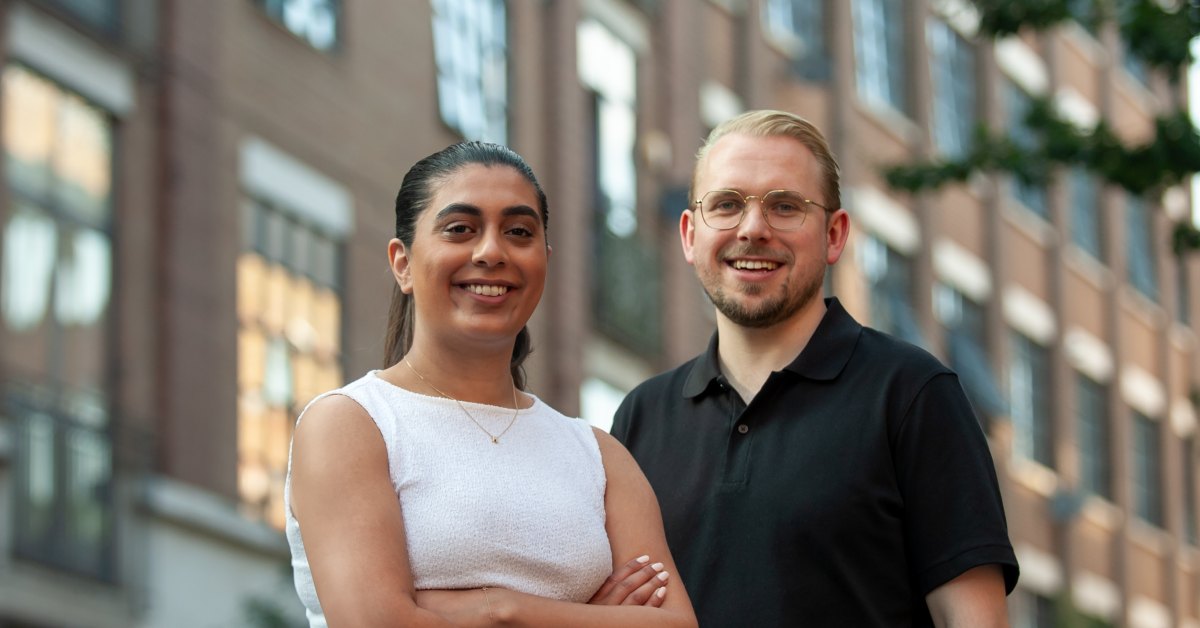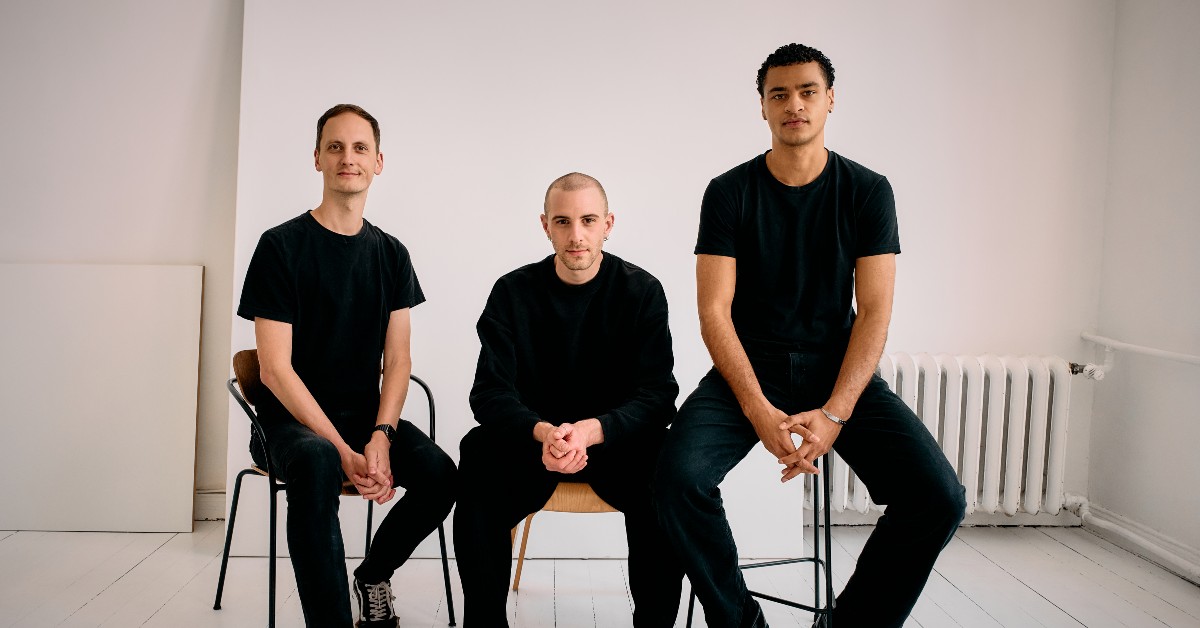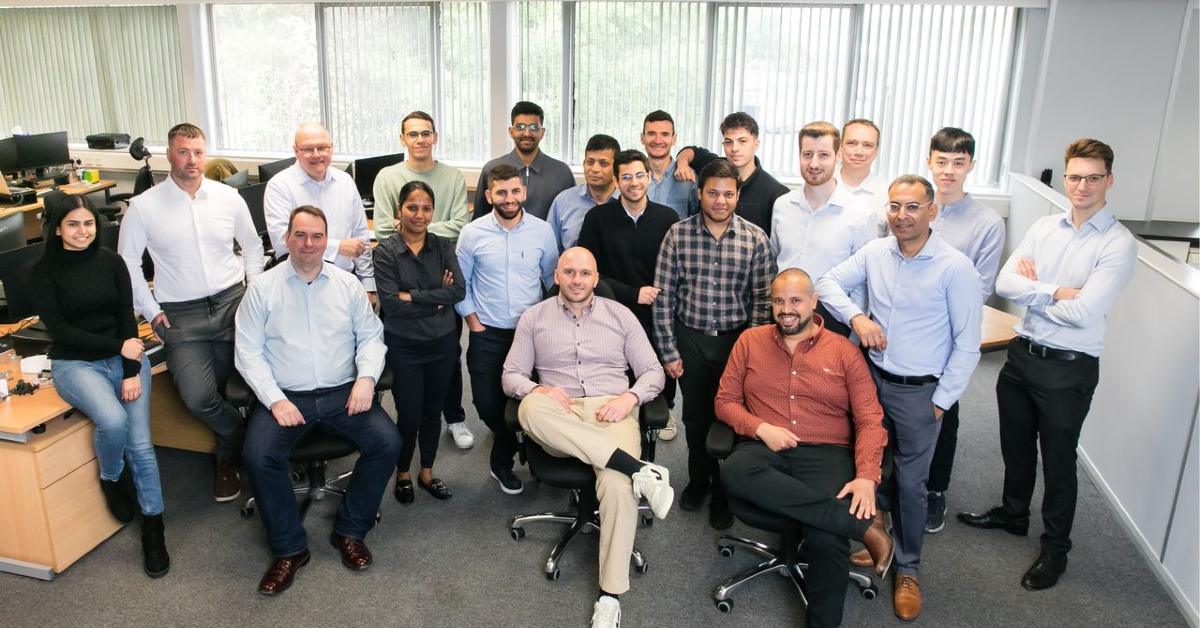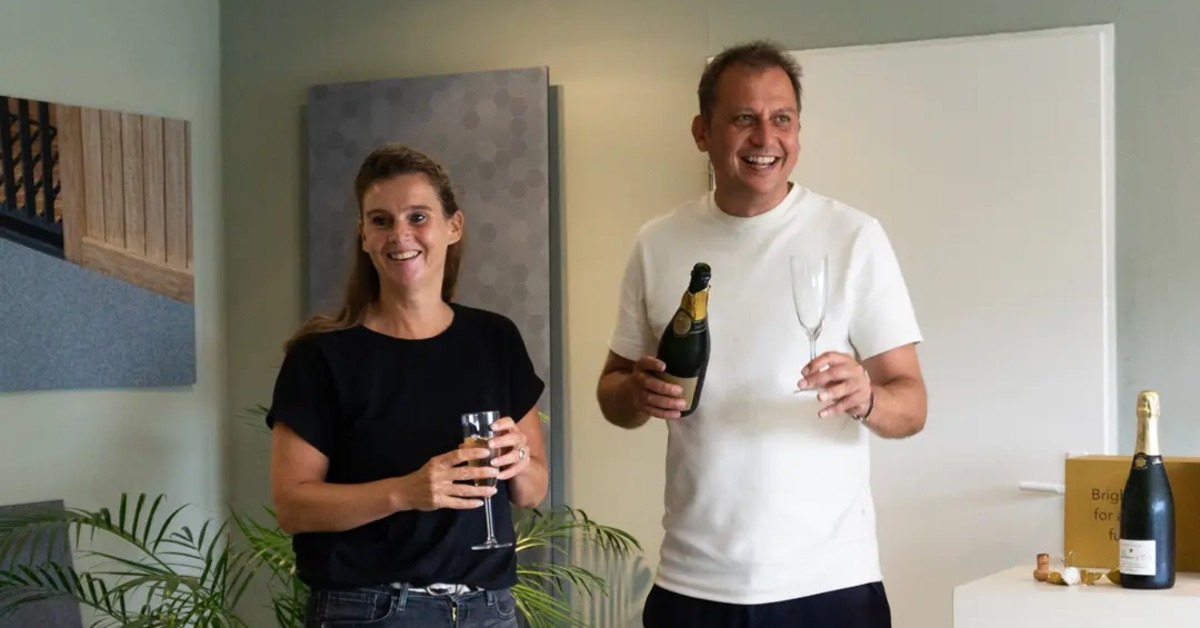Universal Quantum, a Brighton, UK-based startup that is building the world’s first million qubit quantum computer, announced that it has been awarded a £7.5M (approx €6.46M) grant from Innovate UK’s Industrial Strategy Challenge Fund.
According to Dr Sebastian Weidt, co-founder and CEO at Universal Quantum and Lecturer in Quantum Technologies at the University of Sussex, “Error correction is crucial to achieving anything really useful with quantum computers, so we are absolutely delighted to have been awarded this grant. This project is an important step forward, helping us to go from today’s proof of principle machines to scalable quantum computers that can solve some of the world’s most pressing computational challenges.”
The capital will help the company to build a scalable quantum computer that can correct its own errors and apply this technology to high-impact problems in the aerospace industry.
Aim to commercialise quantum computing
Universal Quantum is leading a consortium to make quantum computers commercially viable, correcting the errors that quantum bits – qubits – are prone to. The consortium is looking to make a useful quantum computer at the software, hardware, and end-user level.
The consortium includes end-user Rolls-Royce supported by the Science and Technology Facilities Council (STFC) Hartree Centre, quantum software developer Riverlane, supply chain partners Edwards, TMD Technologies (now acquired by Communications & Power Industries (CPI)) and Diamond Microwave, commercialisation and dissemination experts Sia Partners and Qureca, and academic groups from Imperial College London and the University of Sussex.
According to Universal Quantum, quantum computers are highly susceptible to noise. To overcome this, the aim is to develop quantum algorithms to identify and fix these errors. However, these algorithms will eventually require thousands – potentially millions – of qubits to correct all errors in order to provide a fault tolerant quantum computer. So, the software also needs a quantum machine that can scale to such a large number of qubits and this is the focus of Universal Quantum.
Prof. Winfried Hensinger, co-founder and Chief Scientist at Universal Quantum, says, “Universal Quantum’s scalable approach to building quantum computers overcomes major barriers to large-scale quantum computing using trapped-ions. Instead of complex laser-based technology, we process quantum information by applying voltages to a microchip analogous to a classical transistor. We use ultra-fast electric field connections that can be orders-of-magnitude faster and rely on much simpler engineering. Plus, our unique design does not require cooling to near absolute zero as with superconducting quantum computers.”
Using Universal Quantum’s scalable hardware, Riverlane, STFC Hartree Centre and experts from Rolls- Royce will map a specific use case to Universal Quantum’s computer, solving a set of Computational Fluid Dynamics (CFD) problems in the aerospace sector.
The specific test case for this project applies to combustion modelling, which is crucial to the development of sustainable aviation fuels and next-generation jet engines. Dr Weidt adds, “We still have a long way to go to achieve fault-tolerant quantum computing, but this consortium will allow us to make a big step towards unlocking the full commercial potential of quantum computers.”
About Universal Quantum
The company was founded by Prof. Hensinger and Dr. Weidt in 2018 as a University of Sussex spin-out company. It is building the world’s first million qubit quantum computer to unlock the full potential of quantum computing.
Universal Quantum is focused on creating a million-qubit quantum computer from day one. Its unique, electronic quantum computing modules are based on silicon technology where individual modules are connected using ultrafast electric field links to form an architecture that scales.










01
From telecom veteran to Dutch Startup Visa success: The Jignesh Dave story